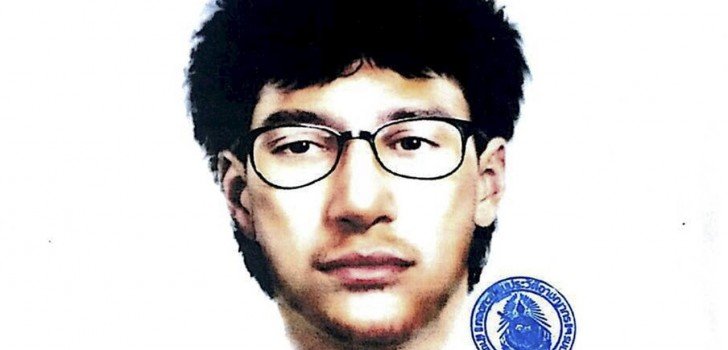The world was shocked on Friday as it emerged that a total of 71 migrants, including three children, were found decomposing inside a stationary truck parked next to a highway in Vienna. The find draws attention to the weight of the immigration crisis Europe is currently facing as hundreds of thousands of refugees cross into the union monthly. The crisis is the largest the EU has seen since World War II.
A truck with Hungarian license plates was found abandoned beside the highway 31 miles east of the Vienna, Austria’s capital. Police reported finding the bodies of 71 refugees in the truck, decomposing from the heat.
According to the authorities, 60 of the deceased were men, eight were women and three were children aged 2, 3 and 8. The police reported finding a Syrian passport in the truck.
Burgenland, Austria police director Peter Doskozil said, “We must assume now that these are refugees. In concrete terms, it is possible this is a Syrian refugee group.”
Three suspected smugglers were arrested following the incident. Two were Bulgarian nationals, the other a Hungarian.
Einsenstadt state prosecutor Johann Fuchs said, “We are talking about human trafficking, homicide, even murder.”
The find has served as a wake-up call to the EU on the magnitude of the refugee crisis they are facing. As war and famine continue to ravage parts of the Middle East and Africa, immigrants are flooding dangerous roots to find peace in Europe, stretching the capacity of the European countries.
Austrian Interior Minister Johanna Miki-Leitner said, “This should be a wakeup call, a warning that we need to have a European solution quickly.”
So far, Austria and Germany have received the greatest weight of immigration as compared to their EU neighbors. Germany expects up to 800,000 immigrants by the end of this year. In Britain, year ending March 2015 figures put the number of immigrants at 330,000, more than three times Premier David Cameron’s estimation of 100,000.
German Chancellor Angela Merkel said in Berlin on Friday “We need a fair distribution of the refugees and asylum seekers whose applications are approved.”
Austrian chancellor Werner Faymann was more blunt, calling for the EU’s complete ending of projects in countries that did not accept the burden of refugees. He said, “The European Union doesn’t work if one says I don’t care about the problems of the other. We are a net contributor, so is Germany, and we contribute to projects where we don’t benefit either.”
The immigration crisis in Europe is the worst of its kind since World War II. War, famine, disease and pestilence have led many to seek better lives abroad for themselves and for their families. There is now intense pressure for the EU to quickly resolve the refugee crisis by sharing the burden before more immigrant lives are lost in the simple pursuit of a better life.
Stay Connected